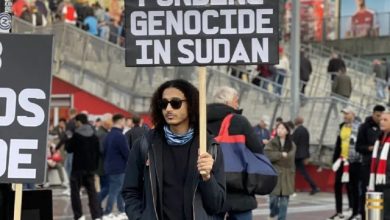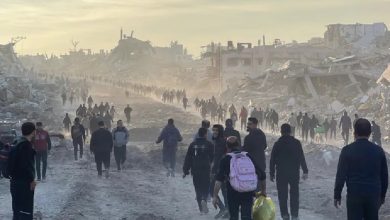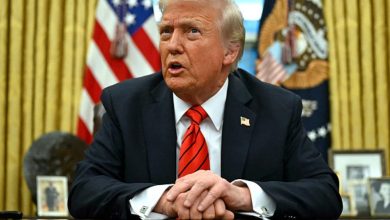Beirut Port Blast: Top Security Officials Interrogated as Political Figures Face Upcoming Summons
Judge Tarek Bitar questions former security chiefs Abbas Ibrahim and Tony Saliba, signaling a pivotal stage in the long-delayed investigation into the 2020 explosion.
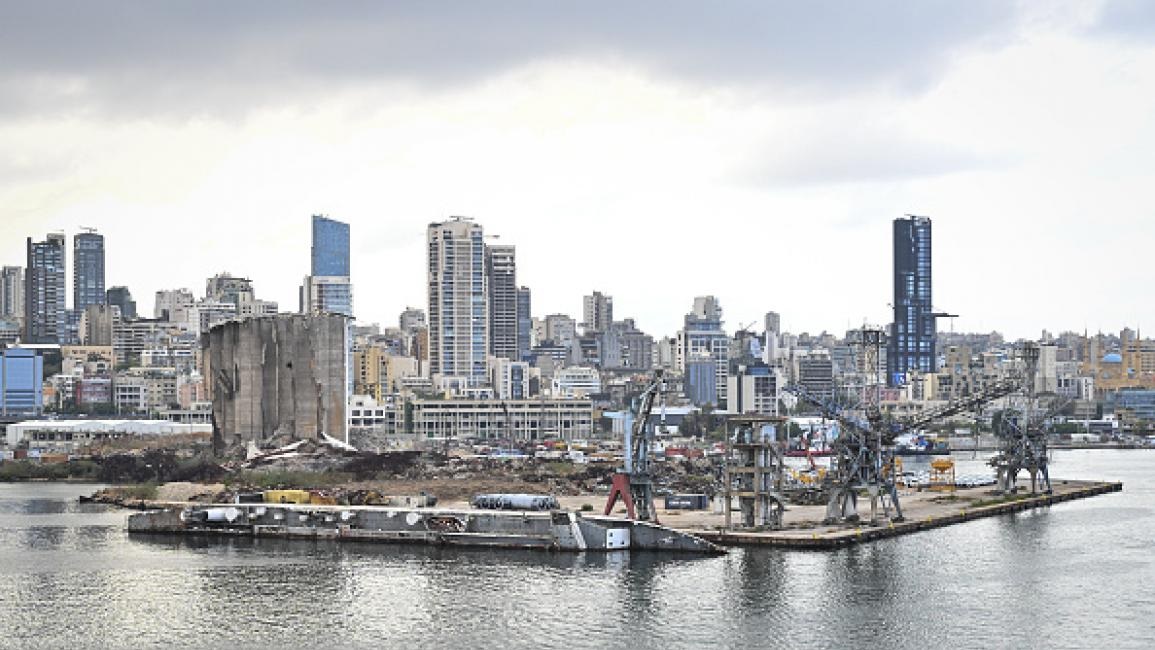
Watan-The judicial investigator in the Beirut Port explosion case, Judge Tarek Bitar, on Friday interrogated former Director General of General Security Major General Abbas Ibrahim and former Head of State Security Major General Tony Saliba, without taking any action against them. He is set to continue his investigations in the coming days, which will include political, judicial, and security figures.
The appearance of Ibrahim and Saliba—two of Lebanon’s top security officials—marks a significant development in the case. Attention is now turning to the upcoming sessions, where political officials are expected to be summoned, primarily former Prime Minister Hassan Diab and former ministers Ghazi Zeaiter, Nohad Machnouk, Ali Hassan Khalil, and Youssef Fenianos. The question remains whether they will attend, after multiple attempts to obstruct, delay, and recuse the judicial investigator through legal complaints.
Judge Bitar insisted on interrogating Ibrahim despite a recusal request filed by his legal team before the General Assembly of the Court of Cassation, citing “serious violations committed during the investigation process.” Bitar remains determined to carry the investigation through to the issuance of an indictment.
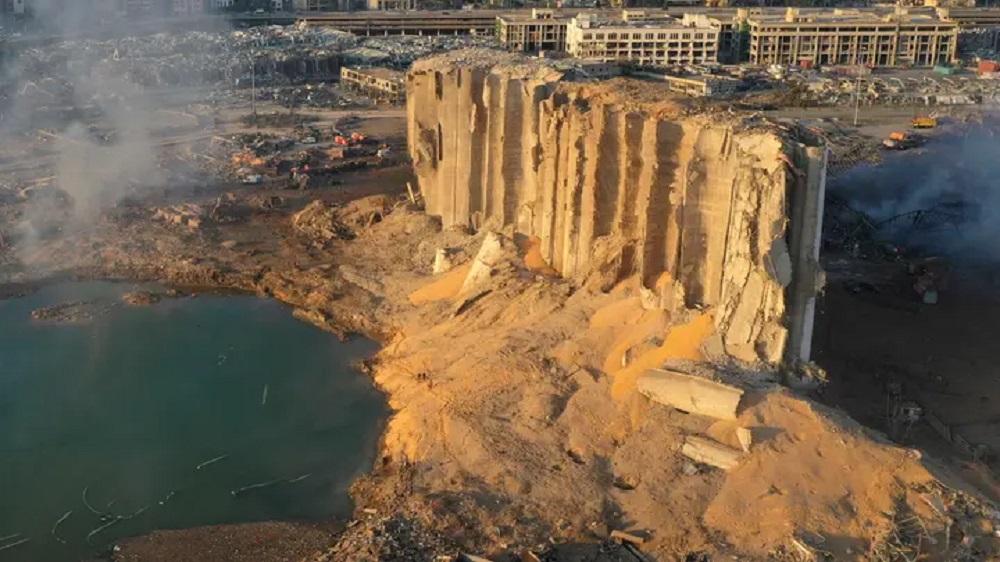
Ibrahim and Saliba Interrogated as Beirut Blast Probe Advances
Sources added that the questioning revolved around the responsibilities and actions taken—or not taken—at the Beirut Port in general, with clarifications on specific details from the investigation. Bitar is expected to schedule sessions with political figures, starting with Diab, Machnouk, and Zeaiter.
Following the session, Ibrahim’s legal team issued a statement noting that despite having filed a lawsuit against the state regarding judicial conduct, Ibrahim attended the session to affirm his respect for the judiciary and the families of the victims. They emphasized his administrative immunity under Article 61 of Civil Servants Law No. 112/1959 and his consent to proceed with the interrogation, even though Judge Bitar had ruled himself exempt from standard legal procedures for recusal and accountability.
The legal team reiterated that Ibrahim’s attendance demonstrates his commitment to the law and judiciary, respect for the victims’ families, and his confidence in his own innocence. They called for the investigation to proceed in accordance with legal principles, justice, and truth.

Beirut Blast Probe Nears Final Phase Amid Hopes for Justice
The upcoming interrogation sessions of political figures are seen as a crucial and defining stage before the investigation concludes and is referred to the Public Prosecution for review, leading to the issuance of indictments and the start of trials before the Judicial Council.
The coming days will be critical, especially as the political figures previously filed dozens of lawsuits against Bitar and other judges involved in the case, leading to long delays before the investigation resumed in February. Since then, significant developments have occurred, particularly improved cooperation between the Public Prosecution and Judge Bitar, along with increased compliance from the accused parties.
Families of the victims, their lawyers, and observers of the case are pinning their hopes on the recent political changes in Lebanon and pledges for reform—especially judicial reform and justice for the Beirut Port explosion. These developments have renewed momentum in the investigation and raised expectations that all those responsible for the “crime of the century” will be held accountable.


